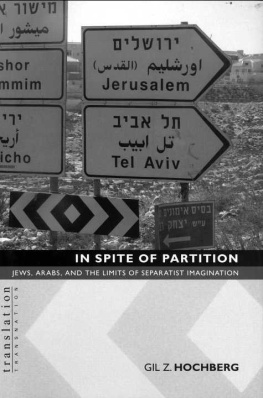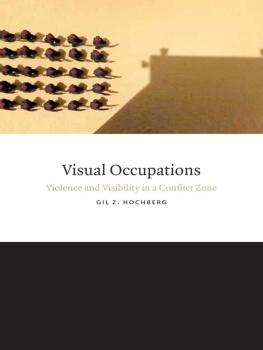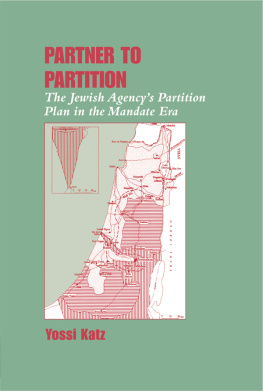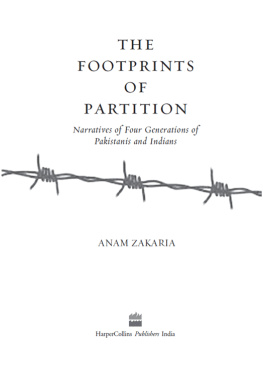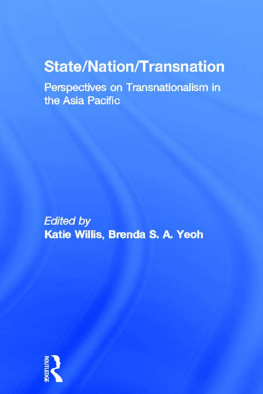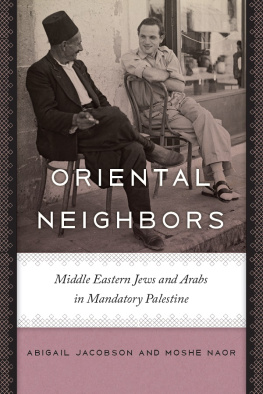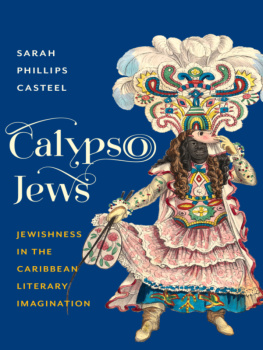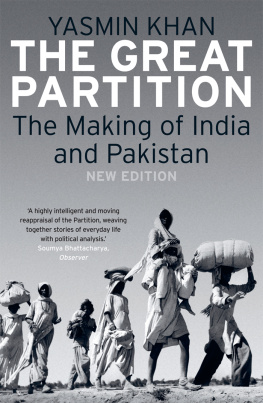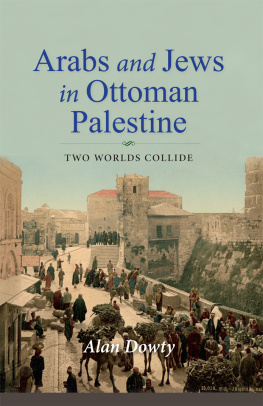In Spite of Partition
T R A N S L A T I O N I T RA N S N A T I O N
S E R I E S F D I T O R E M I L Y A P T E R
Writing Outside the Nation R Y A Z A 1) 1 5 f Y II A N
The Literary Channel: The Inter-National Invention of the Novel
I DI i f U BY MARGAkI I ( OHf N AN[) ( AROLYN DI Vf R
Ambassadors of Culture: The Transamerican Origins of Latino Writing
BY KIRSIIN SIIVA (,RU(SI
Experimental Nations: Or, the Invention of the Maghreb
BY RE DA BE NSMAIA
What Is World Literature? I, r I) A V III I) A M R 0 S( I I
The Portable Bunyan: A Transnational History of The Pilgrim's Progress
B Y I S A B 1 1 H O F MEYR
We the People of Europe? Reflections on Transnational Citizenship
BY I I If NNI BAI IBAR
Notion, Language, and the Ethics of Translation
EDI ifD BY SANDRA BIRMANN ANI) MI(HAFI WOOD
Utopian Generations: The Political Horizon of Twentieth-Century Literature
BY NIL 1401 AS BROWN
Guru English: South Asian Religion in a Cosmopolitan Language
BY SRINIVAS ARAVAMUUAN
Poetry of the Revolution: Marx, Manifestos, and the Avant-Gardes
BY MARTIN PUCHNIR
The Translation Zone: A New Comparative Literature I, , I Ii I I , A I' I I I
In Spite of Partition: Jews, Arabs, and the Limits of Separatist Imagination
BY GOI / HO( HBI RG
GIL Z. HOCHBERG
In Spite of Partition
Jews, Arabs, and the Limits of Separatist Imagination




To the memory of Inbal Perlson, a true peace advocate.
(1961-1999)
We must now begin to think in terms of coexistence, after separation, in spite of partition.
-Edward Said, "What Can Separation Mean?"
CONTENTS
INTRODUCTION
ONE
TWO
THREE
FOUR
FIVE
AFTERWORD
PREFACE
"In Spite of Partition," as the title suggests, aims at challenging the dominant ideology of separation that informs the current relationship between Arabs and Jews in Israel/Palestine with devastating ramifications on the relationships between the two people elsewhere in the world. But this book, it should be made clear from the very beginning, is first and foremost a literary study. As such, it offers an analysis of cultural imagination, not a political resolution.
Attending to contemporary literary texts written by and about Jews and Arabs-about, more precisely, the intricate relationship between the figure of the Jew and that of the Arab in modern times, and most notably in the context of Zionism-this book seeks to expose deep cultural and psychological frameworks that bind the Jew and the Arab to each other, despite, or even due to, their current animosity. When I speak of such bonds, or about the inseparability of the Arab and the Jew, I am not speaking about a reality that can be easily or directly mapped onto the current sociopolitical state of affairs. Clearly, Jews and Arabs today, and certainly so in Israel/Palestine, exist as radically separated and hostile communities. This grim reality is undeniable, and it is by no means my intent to suggest otherwise. My goal, however, is not to trace this hostile reality but rather to expose the conditions of repression and active forgetting that bring it about and make it seem pregiven and unchangeable.
Exploring the imaginative territory introduced by literature, and focusing, most explicitly, on the manner by which literature situates the names or signifiers "Arab" and "Jew" in close proximity (either as traces of each other or as integral parts of each other), this book aims to free these signifiers, at least partially, from their current deployment as semantically constrained markers of polarized identities, communities, histories, and cultures. This, while revealing, in turn, the strong attachments that hind the Arab and Jew to each other despite the persistent political attempts to set them apart.
The focus on literature is itself, in part, a politically informed choice. It is my belief that in today's political atmosphere, the question of the relationship between Jews and Arabs, Israelis and Palestinians, cannot be adequately understood by an empirical analysis of the economical, sociological, political, or territorial realities at hand. There is no doubt that this reality is grim. But in simply describing the situation, even mourning over it, critics often end up not only mirroring the great animosities currently found "on the ground," but further perpetuating the image of these ethno/national/religious conflicts as pregiven and unavoidable. The analysis of the empirical realities must, I believe, be accompanied and complicated by the study of cultural imagination. The importance of a literary analysis, then, for the study of the current antagonistic relationship between Jews and Arabs lies in the fact that literature, thanks to its relative political autonomy, is both a product of the present, reflecting the dominant political agendas, and a means through which we may be able to critically revisit such agendas. In the words of the Palestine novelist Sahar Khalifah: "Literature (helps us to] transcend reality into another reality" (Nazareth 1980, 81).
To put it differently, it is precisely because, to quote Edward Said (1991)), "an apparently deep and unquestioning desire on the part of most Israelis and Palestinians today seems to be to exist in radical separation" that we must, now more than ever, closely attend to literature and other cultural texts where we find a significantly more complex psychological and political reality: one that, while well informed by the current animosity between Jews and Arabs, nevertheless challenges the repeated attempts to set apart Arab from Jew, Hebrew from Arabic, Israeli from Palestinian, and the "Jewish question" from the "question of Palestine."

This book emerged out of niy dissertation work completed in 2002 at UC Berkeley, and so I would like to extend my first words of gratitude to my advisory committee: to Judith Butler for teaching me to always question the unquestionable, to Chana Kronfeld for bringing me back to Hebrew literature, showing me that one can be critical of the atrocities conducted today in Hebrew but still love the Hebrew language, to Saidiya Hartman for always pushing me to find my own voice, to Karl Britto for introducing me to the richness of Francophone-Maghrebian literature, to Robert Alter for his generosity and continual support.

